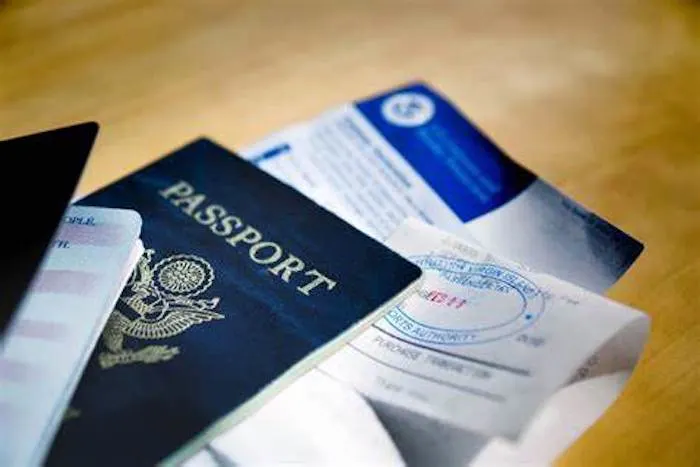Warsaw, – German Interior Minister Alexander Dobrindt met with Polish counterpart Tomasz Siemoniak in Warsaw on Monday to address tensions over Berlin’s recent tightening of border controls, a move that has drawn criticism from Poland and other neighboring EU states.
The newly formed German government, in office for just a month, has pledged to curb irregular migration by enforcing stricter checks and rejecting asylum seekers at its borders—even if they intend to apply for protection. Poland, however, argues that the policy places an undue burden on its territory, particularly as it already shoulders significant responsibility as part of the EU’s external border.
Diverging Views on Asylum Rules
Under EU law, asylum seekers must file claims in the first safe country they enter. Germany contends that since it is surrounded by safe nations, migrants should seek protection there before attempting to cross into German territory. Warsaw, along with southern EU states like Italy and Greece, has long criticized this framework, arguing it disproportionately affects border nations.
Polish Prime Minister Donald Tusk reportedly expressed frustration over the policy during German Chancellor Friedrich Merz’s visit in May. The issue has also sparked domestic debate in Germany, where coalition partners and courts question the legality of blanket rejections.
Progress in Talks
Despite disagreements, Monday’s meeting yielded signs of cooperation. Siemoniak acknowledged shared goals, stating, “We discussed minimizing disruptions for travelers while ensuring robust EU external border security.” Dobrindt praised Poland’s efforts to stem irregular migration, particularly along its Belarus frontier, where the EU accuses Moscow and Minsk of orchestrating a “hybrid war” by funneling Middle Eastern migrants toward the bloc.
Legal and Political Challenges
Back in Germany, the policy faces hurdles. Federal Police Commissioner Uli Grötsch warned of legal ambiguities, urging Dobrindt to clarify officers’ authority to turn away migrants. A recent Berlin court ruling—favoring three Sudanese asylum seekers—hinted at broader judicial pushback. SPD parliamentary leader Matthias Miersch predicted more defeats if the policy continues, citing conflicts with EU asylum laws.
Since the crackdown began, German authorities have rejected 3,278 people at borders, including 160 asylum seekers. Dobrindt maintains the measures comply with European law but conceded that the EU Court of Justice may need to intervene.
Broader Implications
The dispute underscores deeper fractures in EU migration governance, with frontline states demanding solidarity and Germany prioritizing stricter controls. As legal challenges mount, Berlin’s hardline approach risks straining both its coalition and regional partnerships.
Related topics:
- <a title="How to Become an Immigration Lawyer: Complete Guide” href=”https://www.popularmigrant.com/archives/14958″>How to Become an Immigration Lawyer: Complete Guide
- British Passport Eligibility: Impact of a Criminal Record Explained
- 7 Ways to Check My British Citizenship Application Status


